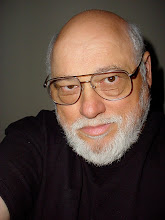I first took a close look at treatments for mental illness in the mid-1990s while researching an article for Scientific American. At the time, sales of a new class of antidepressants, selective serotonin reuptake inhibitors, or SSRIs, were booming. The first SSRI, Prozac, had quickly become the most widely prescribed drug in the world. Many psychiatrists, notably Peter Kramer, author of the bestseller Listening to Prozac (Viking 1993), touted SSRIs as a revolutionary advance in the treatment of mental illness. Prozac, Kramer claimed in a phrase that I hope now haunts him (but probably doesn’t), could make patients “better than well.”
Clinical trials told a different story. SSRIs are no more effective than two older classes of antidepressants, tricyclics and monoamine oxidase inhibitors. What was even more surprising to me—given the rave reviews Prozac had received from Kramer and others–was that antidepressants as a whole were not more effective than so-called “talking cures,” whether cognitive behavioral therapy or even old-fashioned Freudian psychoanalysis
TONY DIGIROLAMO- "ANTIDEPRESSANTS AS A WHOLE WERE NOT MORE EFFECTIVE..."
More stories like this one will hopefully brake the back of the psychoanalysis industry.
The news that keeps coming out seems to favor what Culture Shock has been saying for years now. We're losing a lot of people at the hands of this pill pushing industry.
I think we're about to turn the corner to getting this right.



No comments:
Post a Comment